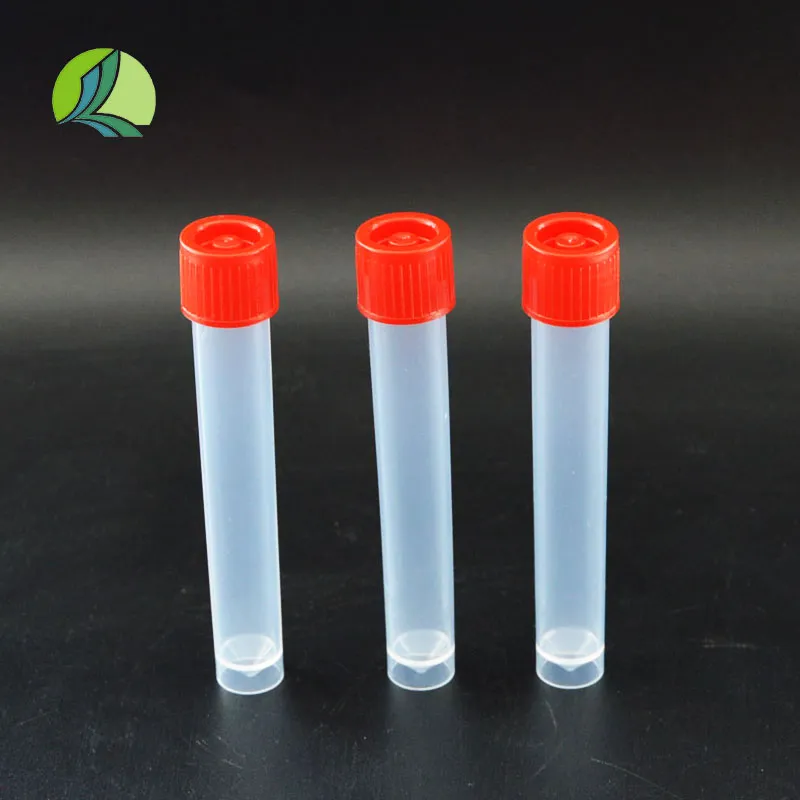https://www.wahmg.com/)">
centrifuge bottle laboratory apparatus uses
centrifuge bottle laboratory apparatus uses
Centrifuge bottles are specialized laboratory apparatus designed to hold samples during centrifugation, a process that involves spinning solutions at high speeds to separate components based on their densities. These bottles are essential tools in various scientific fields, including biology, chemistry, and medical research, due to their effectiveness in isolating cells, proteins, and other biomolecules.
Centrifuge bottles are specialized laboratory apparatus designed to hold samples during centrifugation, a process that involves spinning solutions at high speeds to separate components based on their densities
. These bottles are essential tools in various scientific fields, including biology, chemistry, and medical research, due to their effectiveness in isolating cells, proteins, and other biomolecules.When using a centrifuge bottle, it is essential to consider the bottle’s design. Many bottles feature a screw cap, which helps to create an airtight seal that prevents contamination and evaporation of the sample. Additionally, some centrifuge bottles are designed with graduated markings for easy measurement of the liquid inside, allowing for accurate sample dilution or mixing. The bottles are also designed to fit into specific types of centrifuges, which can accommodate varying rotor configurations, ensuring that samples are evenly distributed and balanced during operation.
centrifuge bottle laboratory apparatus uses

Centrifuge bottles serve multiple purposes in the laboratory. One of their primary applications is in cell culture studies, where scientists isolate different cell types for further analysis. For instance, they can use centrifuge bottles to separate blood components, such as plasma and red blood cells, which is crucial for diagnostic testing and research. In protein purification, these bottles enable researchers to isolate proteins from cell lysates, facilitating the study of their functions and interactions.
Moreover, centrifuge bottles are indispensable in the preparation of samples for molecular biology techniques, such as polymerase chain reaction (PCR) or DNA sequencing. Researchers can use these bottles to concentrate nucleic acids, remove contaminants, or prepare samples for downstream applications. The separation capabilities afforded by centrifuge bottles significantly enhance the accuracy and reliability of experimental results.
In summary, centrifuge bottles are vital components of laboratory workflows, offering versatility and efficiency in the separation and purification of biological and chemical samples. Their robust construction, combined with thoughtful design elements, ensures that they meet the demands of various scientific applications. As research continues to advance, the role of centrifuge bottles in simplifying complex processes and enhancing experimental reliability will undoubtedly remain significant.
-
Wholesale Plastic Juice Bottles with Caps 16 oz Options Available Bulk Packaging SolutionsNewsJun.10,2025
-
Laboratory Apparatus Reagent Bottle – Durable & Chemical Resistant Bottles for Safe StorageNewsJun.10,2025
-
Squeezable Dropper Bottles Durable, Leak-Proof & CustomizableNewsMay.30,2025
-
Affordable Plastic Petri Plates Sterile & Disposable Lab-GradeNewsMay.30,2025
-
Eye Dropper Caps Precision 24/410 & Plastic Bottle-Compatible TipsNewsMay.30,2025
-
Affordable Mini Spray Bottle Price & Wholesale Deals Shop NowNewsMay.29,2025





















